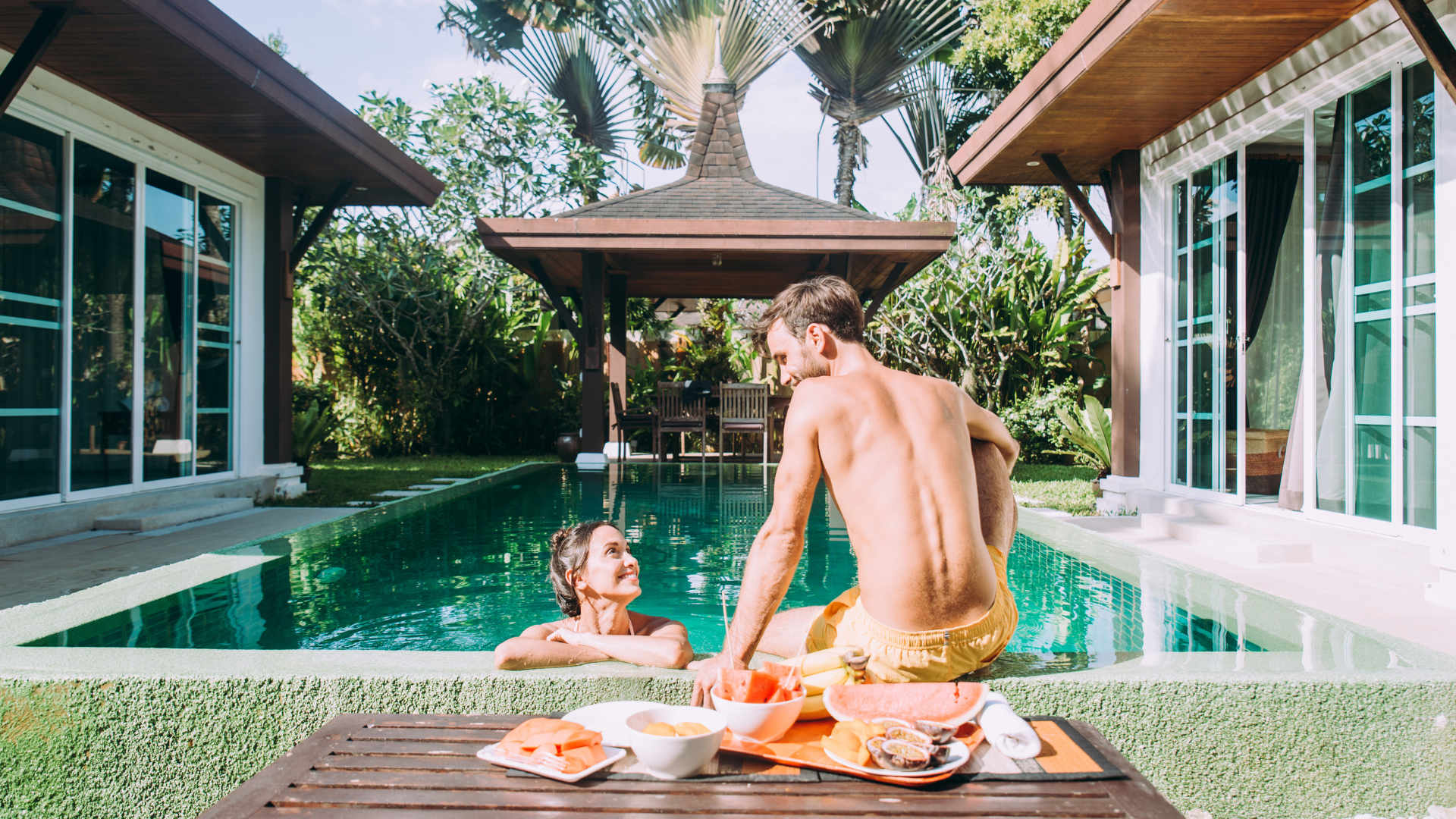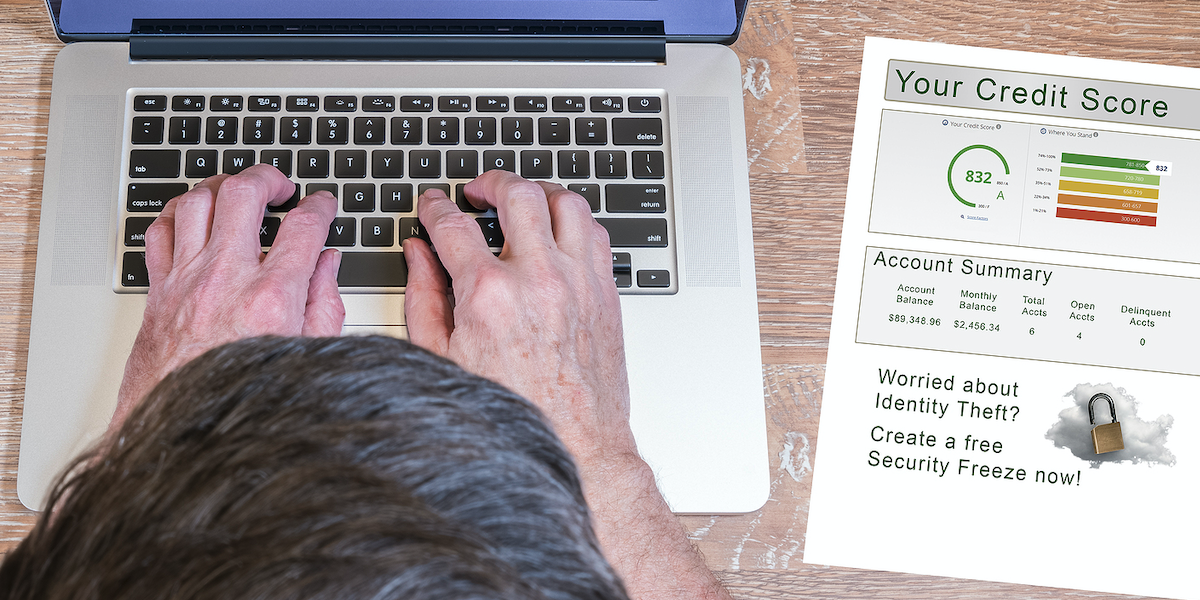By Anita Groves
•
July 3, 2025
The idea of owning a vacation home—your own cozy escape from everyday life—is a dream many Canadians share. Whether it’s a lakeside cabin, a ski chalet, or a beachside bungalow, a second property can add lifestyle value, rental income, and long-term wealth. But before you jump into vacation home ownership, it’s important to think through the details—both financial and practical. Start With Your 5- and 10-Year Plan Before you get swept away by the perfect view or your dream destination, take a step back and ask yourself: Will you use it enough to justify the cost? Are there other financial goals that take priority right now? What’s the opportunity cost of tying up your money in a second home? Owning a vacation home can be incredibly rewarding, but it should fit comfortably within your long-term financial goals—not compete with them. Financing a Vacation Property: What to Consider If you don’t plan to pay cash, then financing your vacation home will be your next major step. Mortgage rules for second properties are more complex than those for your primary residence, so here’s what to think about: 1. Do You Have Enough for a Down Payment? Depending on the type of property and how you plan to use it, down payment requirements typically range from 5% to 20%+ . Factors like whether the property is winterized, the purchase price, and its location all come into play. 2. Can You Afford the Additional Debt? Lenders will calculate your Gross Debt Service (GDS) and Total Debt Service (TDS) ratios to assess whether you can take on a second mortgage. GDS: Should not exceed 39% of your income TDS: Should not exceed 44% If you’re not sure how to calculate these, that’s where I can help! 3. Is the Property Mortgage-Eligible? Remote or non-winterized properties, or those located outside of Canada, may not qualify for traditional mortgage financing. In these cases, we may need to look at creative lending solutions . 4. Owner-Occupied or Investment Property? Whether you’ll live in the home occasionally, rent it out, or use it strictly as an investment affects what type of financing you’ll need and what your tax implications might be. Location, Location… Logistics Choosing the right vacation property is more than just finding a beautiful setting. Consider: Current and future development in the area Available municipal services (sewer, water, road maintenance) Transportation access – how easy is it to get to your vacation home in all seasons? Resale value and long-term potential Seasonal access or weather challenges What Happens When You’re Not There? Unless you plan to live there full-time, you'll need to consider: Will you rent it out for extra income? Will you hire a property manager or rely on family/friends? What’s required to maintain valid home insurance while it’s vacant? Planning ahead will protect your investment and give you peace of mind while you’re away. Not Sure Where to Start? I’ve Got You Covered. Buying a vacation home is exciting—but it can also be complicated. As a mortgage broker, I can help you: Understand your financial readiness Calculate your GDS/TDS ratios Review down payment and lending requirements Explore creative solutions like second mortgages , reverse mortgages , or alternative lenders Whether you’re just starting to dream or ready to take action, let’s build a plan that gets you one step closer to your ideal getaway. Reach out today—it would be a pleasure to work with you.







